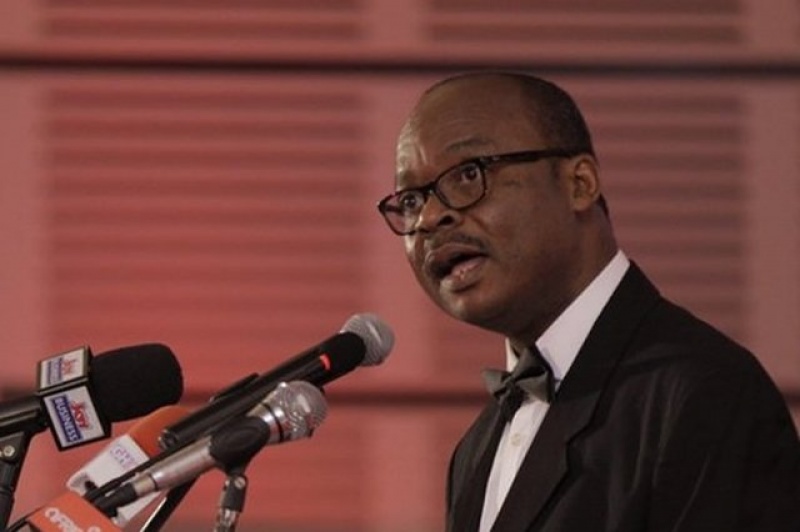
The Bank of Ghana (BoG) has defended its decision to revoke the licences of Heritage Bank Limited and Premium Bank (now under receiverships), explaining that the action was fair and transparent.
Subsequently, the Governor of the central bank, Dr Ernest Addison, said it was misleading for sections of the public to assume that the two banks, particularly Heritage Bank Limited, had been maltreated, leading to its collapse on January 4 this year.
The Governor was responding to questions on the collapse of the two banks at a news conference on Monday.
Indecent haste
Following the collapse of the two banks, whose liabilities and selected assets were later transferred to Consolidated Bank Ghana limited, the now-defunct board, Founder and majority shareholder of Heritage Bank, Mr Seidu Agongo, accused the central bank of unjust treatment.
The board and Mr Agongo, a businessman and philanthropist, said in separate statements that prior to the revocation of the bank’s licence, the central bank had acted in manners that showed that HBL and its significant shareholder were in good standing.
To their surprise, however, the two stakeholders said the central bank later revoked the licence of the hank on grounds that included Mr Agongo not being ‘fit and proper’ to hold a banking licence.
Mr Agongo described the assertion by BoG, which was premised on the source of the GH¢120 million used to establish the bank, of which a criminal prosecution is ongoing, as indecent haste.
Why it’s fair
When asked what the bank makes of those positions, the central bank governor said he would prefer not to discuss the collapse of Heritage Bank further.
“I think the BoG has been very fair and transparent in all our actions.
“If you look at the press statements that we issued for both Heritage and Premium banks, we gave all the details and the reasons why they did not meet the December 31, 2018 deadline, they were more than three or four factors which were enumerated,” he said.
Recounting the reasons, he said the two banks “did not meet the GH¢400 million capital requirement, they did attract private investors to bring in additional money to allow them to meet the GH¢400 million required in addition to several other factors, which did not make them qualified to continue to have that universal bank licence.”
Strong banking sector
On the banking sector, Dr Addison said the reforms and recapitalisation exercises had succeeded in delivering a strong banking sector that was now more positioned to support economic growth.
He said the clean-up exercise protected deposits of over 1.5 million depositors with deposits of GH¢11.6 billion.
“This includes deposits of savings and loans companies, rural and community banks, investment fund managers, pension funds and life insurance companies with the banks,” he explained.
Going forward, he observed that the central bank would have to focus on reducing the high non-performing loans (NPLs) in the sector and addressing the risks associated with the high degree of interconnectedness in the financial system.
Those, he said, required close monitoring to ensure financial stability.
Source: Graphic


































